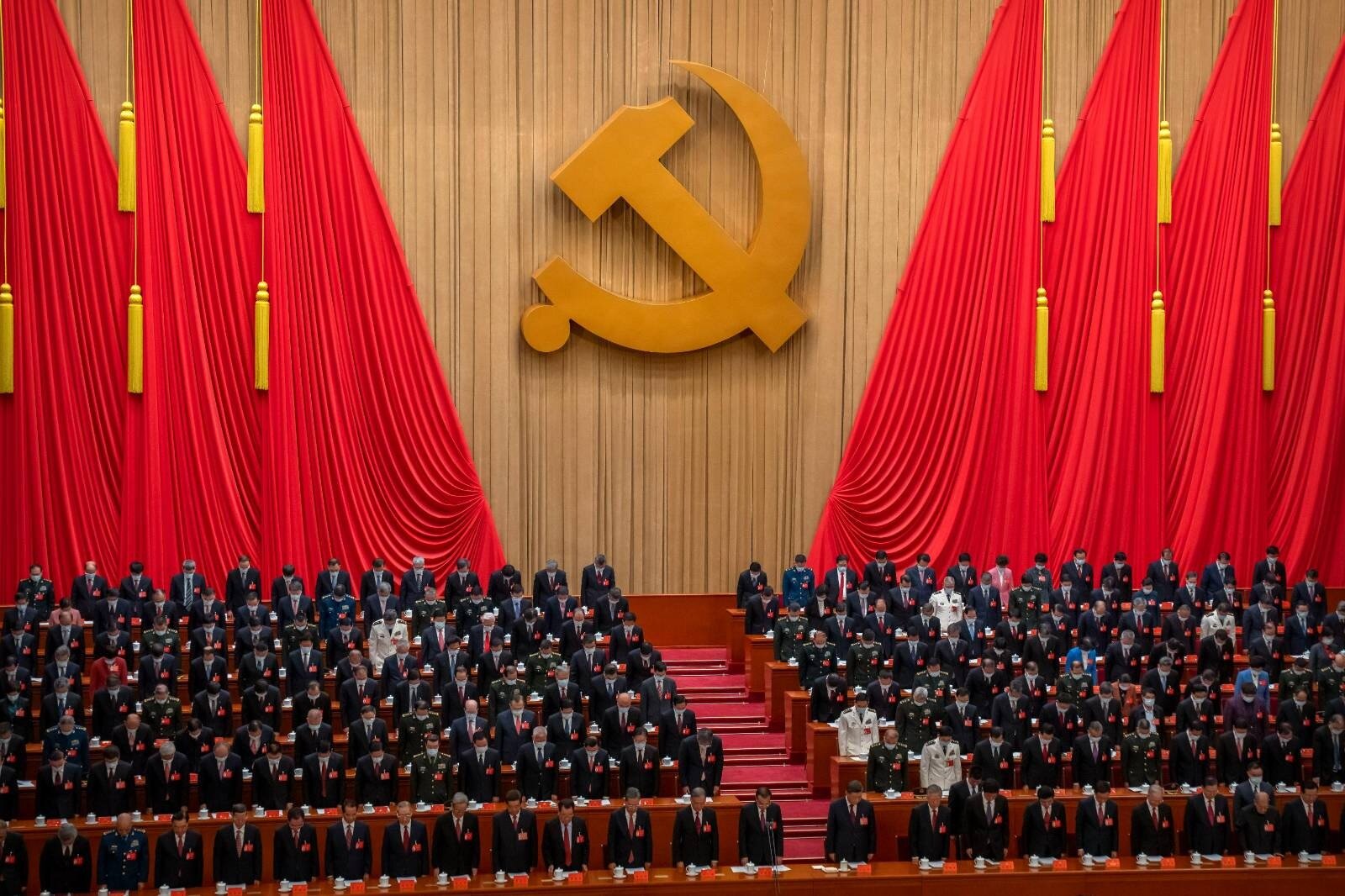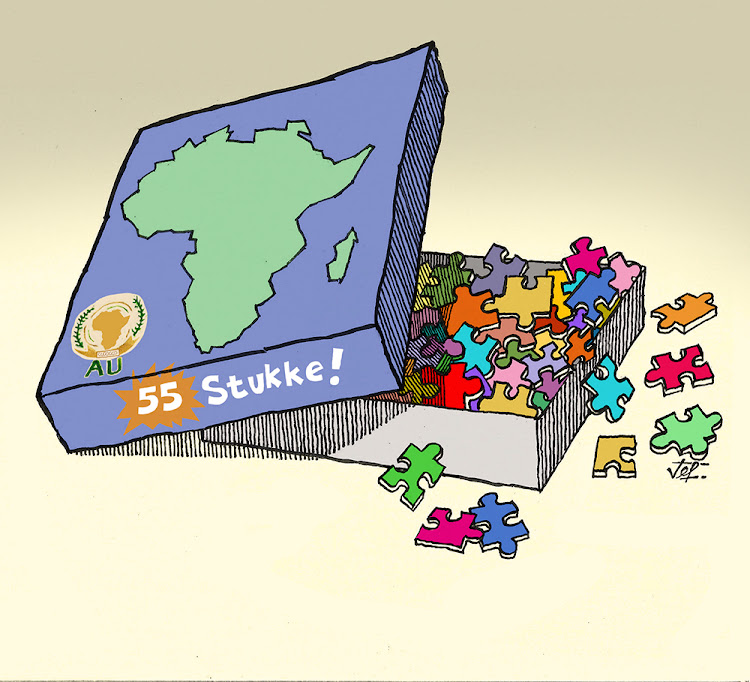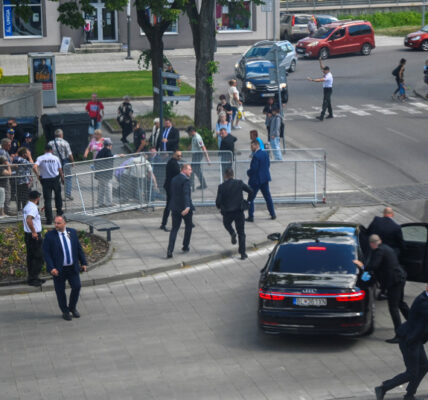Chinese President to scapegoat banking chief as he “shuffles the deckchairs” over stumbling economy

Xi Jinping is poised to turn to a Harvard-educated banker as he seeks to arrest a slide in the Tiger economy which poses a far greater threat to his future than the rivals he purged at the Communist Party Congress last week.
For all the televised adulation and praise which followed his confirmation of an historic third term, all is not going so well for the 69-year-old behind the scenes.
The authoritarian leader is poised to dump the Governor of the Central bank – but that move was dismissed by Finance News Network analyst Glenn Dyer as simply “shuffling the deckchairs on the Titanic.”
On Friday the yuan hit a new low, as did share markets in Hong Kong. The key CSI 300 index, which includes top shares from the Shanghai and Shenzhen markets, is down 24% so far this year and the Hang Seng Index in Hong Kong has lost over 30%.
The man who will pay the price for China’s faltering economic progress is central bank chief Yi Gang, a renowned economist and native of Beijing who has a master’s degree and PhD in economics from the University of Illinois.
Reuters news agency is reporting that Yi will step down, after the 64-year-old was dropped from the New Central Committee of the ruling Community Party at its 20th annual congress last week.
Traders described the purge as a huge gamble by Xi, given it risked more uncertainty, following so soon after the yuan fell to its lowest level against the dollar since the 2008 Global Financial Crisis (GFC).

Sources told Reuters that he will be replaced by Yin Yong, a deputy party chief in Beijing who served as deputy central bank governor from 2016-18.
“Yin Yong is likely to replace Yi Gang,” said a source close to the PBOC. Yin 53, holds a doctorate in engineering from Tsinghua University, and a master’s degree in public administration from Harvard.
He is also seen as a rising star within the party, and is favoured by his previous experience at the bank, plus the State Administration of Foreign Exchange and the Beijing government.
The PBOC has been overhauling its top management team in recent weeks, naming Xuan Changneng as the new deputy bank governor last Thursday. Xuan, 55, previously served as a deputy head of state at the foreign exchange regulator.
For all Xi’s scapegoating his economic troubles continue to mount. Last Monday it was announced that China was delaying the release of economic growth figures – a move which analysts said was likely about delaying the bad news past Xi strengthening his position.
China was believed to be unveiling its weakly quarterly growth figures since 2020, as the Tiger economy continues to be rendered toothless by Xi’s disastrous zero-Covid policy, and a the real estate crisis prompted by Beijing’s crackdown on excessive debt.
Analysts are also predicting the world’s second largest economy has little hope of meeting this year’s growth target of 5.5 per cent, and the International Monetary Fund lowered its GDP growth forecast to 3.2 per cent in 2022.
The US think-tank the Policy Circle Bureau pointed to China’s declining exports – 7.1 per cent in August compared to 18 per cent in July.
It added: “The biggest worry is the slowing growth rate in exports to some of China’s largest trading partners. Shipments to the European Union rose by 11.1% in August from a year ago, below the 23.1% gain in July. Exports to the US shrank by 3.8% compared with an 11% rise in July. China’s trade surplus fell for the first time since February to $79.39 billion in August. The surplus stood at $101.26 billion in July.”
China, meantime, attempted to dampen down the furore over former president Hu Jintao being unceremoniously led away from his successor continued. Looking distressed, Hu resisted as stewards led him out of the party congress on Friday. Xinhua, the official news agency, tweeted that he was “not feeling well” so staff took him to an adjoining room.
Despite the video of the incident going viral on Twitter, it could not be found on China’s heavily censored social media platforms. Weibo, China’s version of the banned Twitter platform, erased all the comments section bearing his name. State media coverage did not include the scene, which had taken place as journalists were first entering the hall.
















































































































































































